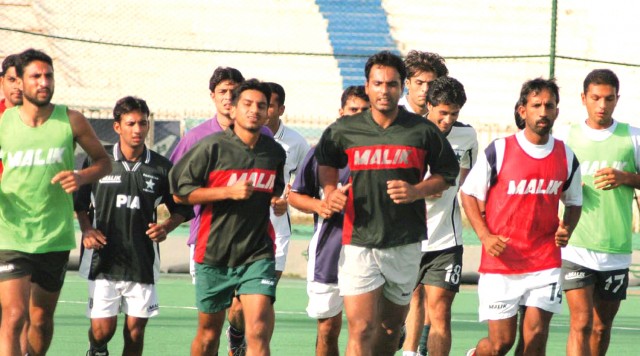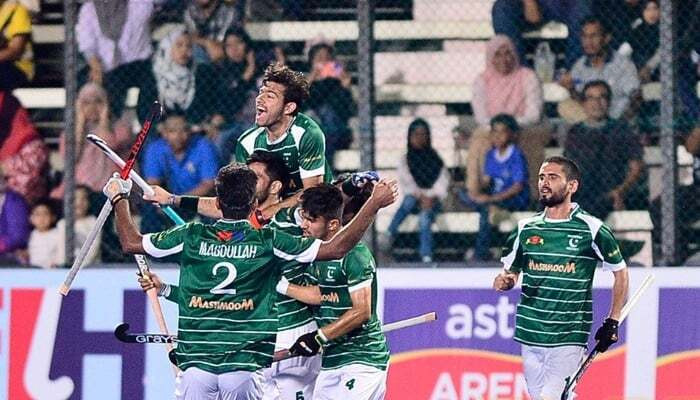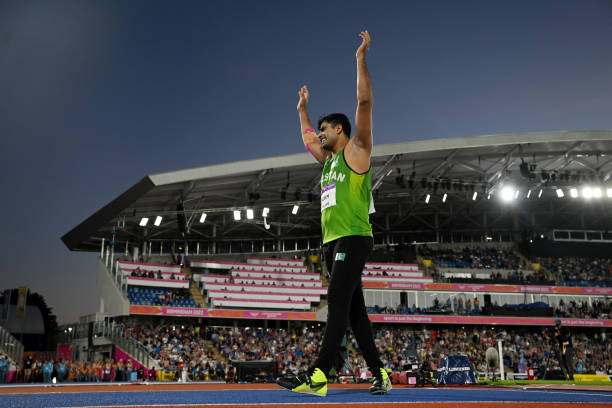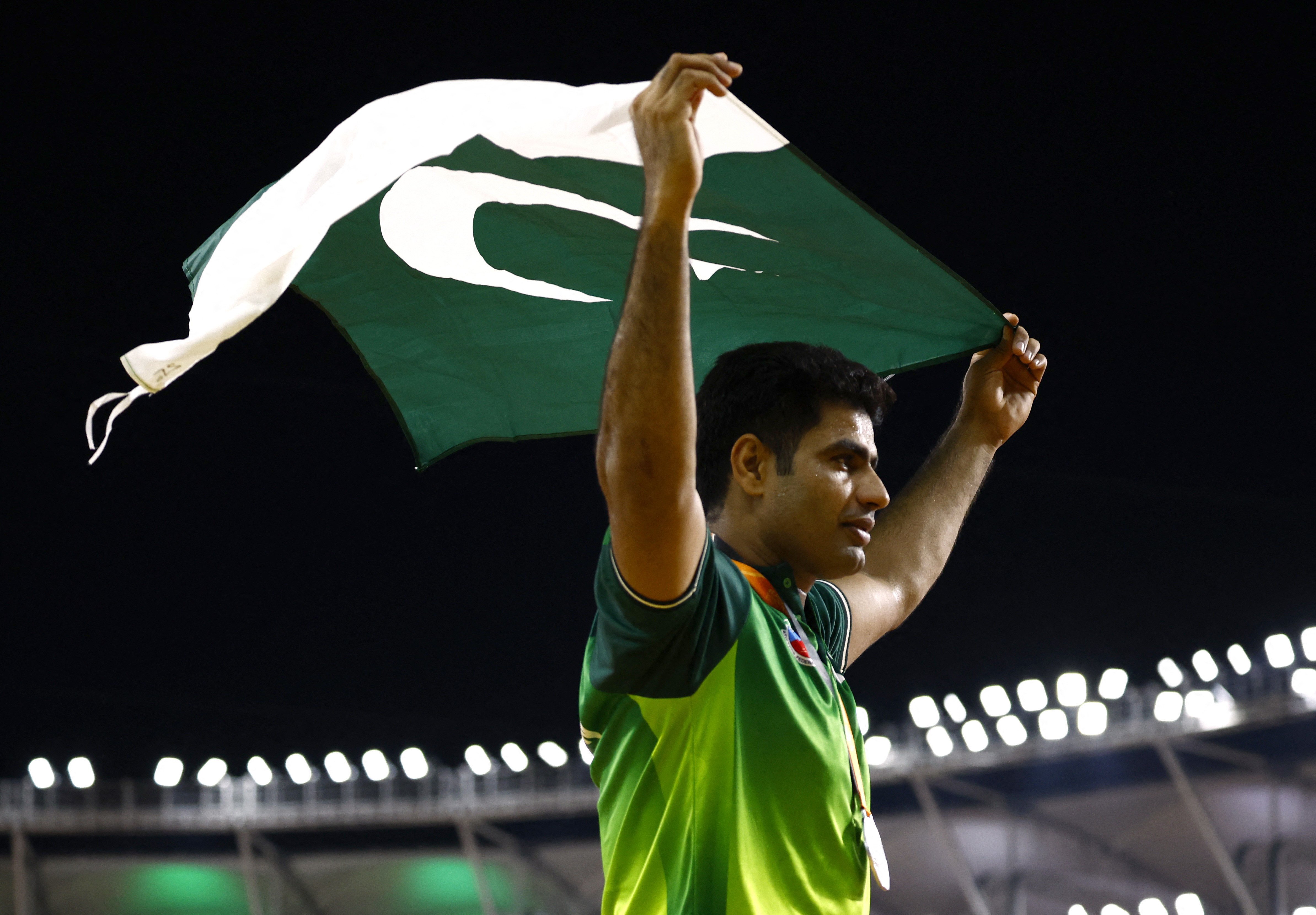The Pakistani hockey team’s aspirations for an Olympic comeback were crushed yet again in January, as New Zealand’s late-game heroics dashed their hopes in a pivotal qualifier in Oman.
The 3-2 loss marked Pakistan’s third consecutive failure to secure an Olympic berth, leaving the nation’s hockey community reeling.
Rana Waheed Ashraf, a prominent forward for Pakistan, expressed his dismay while talking to Al Jazeera.
“It was an incredibly sad day, the most heartbreaking of my career so far. To be so close and yet so far once again was difficult to get over,” Ashraf said.
Pakistan, once a powerhouse in field hockey, has a storied history with three Olympic gold medals (1960, 1968, 1984) and a record four World Cup titles.
However, recent years have seen a dramatic decline. They failed to qualify for the 2014 and 2023 World Cups and finished a disappointing 12th in the 2018 tournament.
Currently ranked 16th globally, Pakistan’s decline raises questions about the future of the sport in the country.
Structural issues and lack of long-term planning
Dutch coach Rolent Oltmans, who has had multiple stints coaching Pakistan, believes the nation’s struggles are deeply rooted.
Oltmans highlighted that it would take a significant amount of time for Pakistan to reclaim its former position in hockey, attributing the country’s downfall to a focus on immediate medals rather than building sustainable processes and systems.

Oltmans has been tasked with leading the Pakistani team in key tournaments such as the Azlan Shah Cup and the FIH Nations Cup.
However, he stresses that short-term coaching tenures cannot foster sustained success.
“There must be continuity and a plan,” he emphasised.
Former players also point to a lack of structural support and professional development as key issues.
Salman Akbar, a celebrated goalkeeper, noted, “Our seniors were celebrated but did not evolve. They continue to celebrate their past victories, not realising that the game has changed. There is no structure, no roadmap to progress, no professionalism.”

Khwaja Junaid, a former star midfielder, lamented the dismantling of grassroots programs and sports quotas that once nurtured young talent. “Schools used to be the nurseries. There were clubs where talent was spotted. There was a proper structure, and players remained engaged with the game year-round,” he recalled.
Economic constraints and rising Cricket popularity
The economic downturn and the rise of cricket have also played a role in hockey’s decline. The high cost of synthetic turfs and equipment has made the sport less accessible. Oltmans and Junaid agree that the Pakistan Hockey Federation (PHF) has failed to keep pace with these changes.
PHF President Tariq Hussain Bugti highlighted the financial constraints, citing an annual budget of less than 4 million rupees (approximately $14,350).
Arshad Nadeem: a ray of hope
In the midst of these challenges, there are stories of individual excellence in other sports that offer some hope.


Arshad Nadeem, a javelin thrower, has become a beacon of success in Pakistan’s athletic circles. His achievements, including a gold medal at the 2022 Commonwealth Games, demonstrate that with the right support and development, Pakistani athletes can compete at the highest levels.
Despite these challenges, Bugti remains hopeful.
As Pakistan continues to grapple with its hockey woes, the nation looks to rekindle its former glory and restore its status on the international stage.

